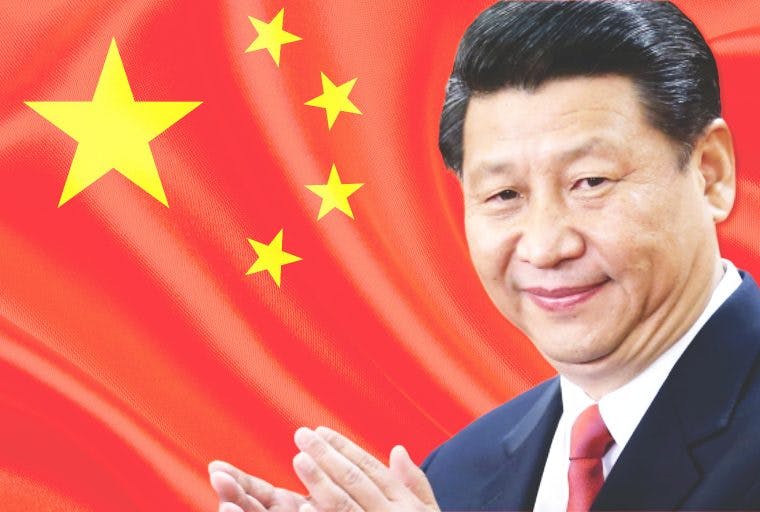19,335 reads
How China’s New National Cryptocurrency Changes Everything
by
April 24th, 2020
Audio Presented by
X10.Agency Founder | Web3/Crypto/NFT marketing and launch | Worked with 250+ projects
About Author
X10.Agency Founder | Web3/Crypto/NFT marketing and launch | Worked with 250+ projects
